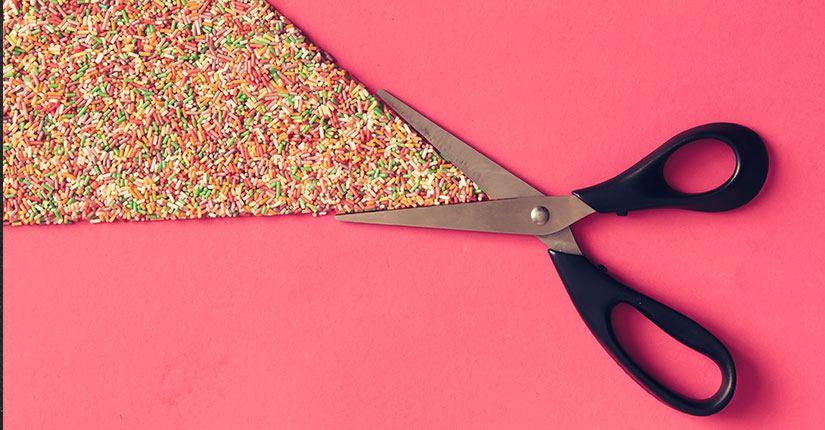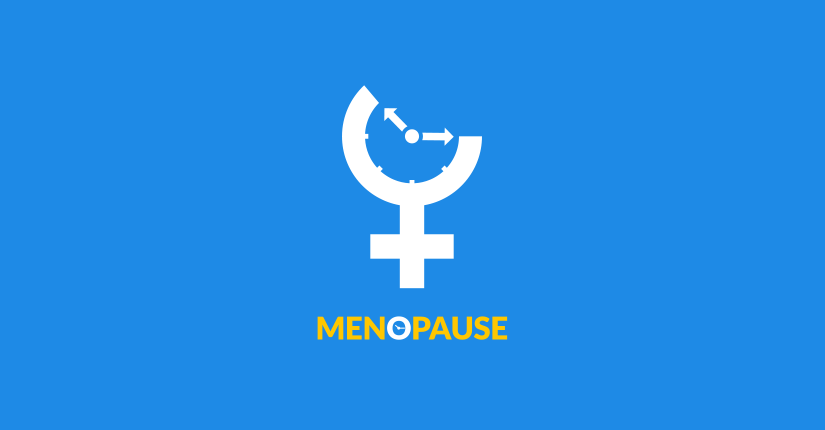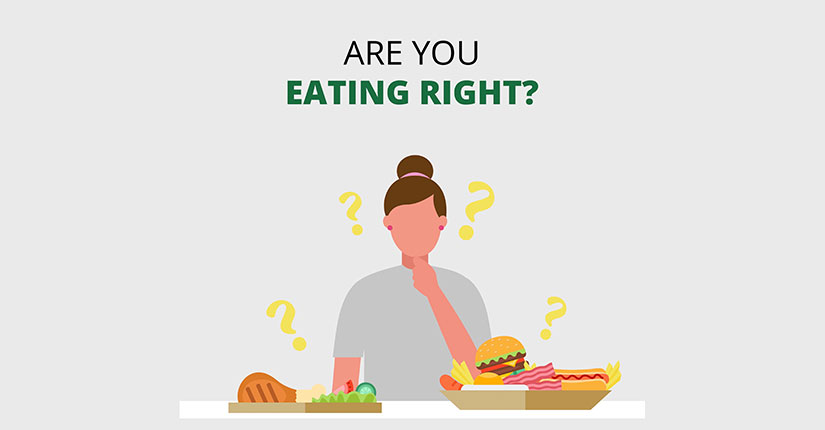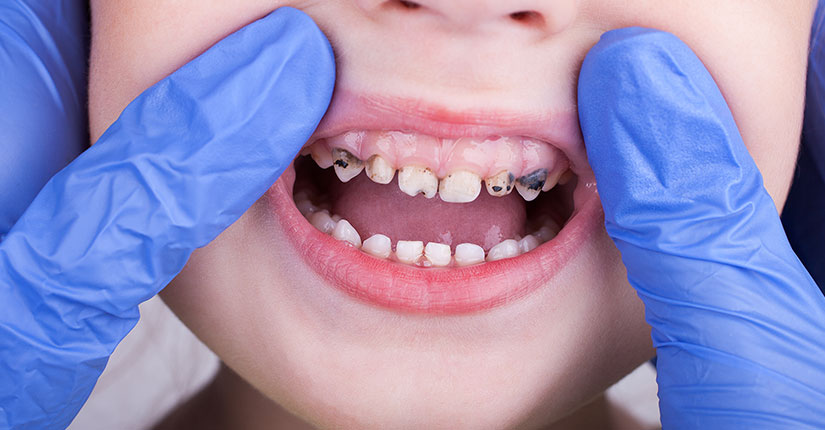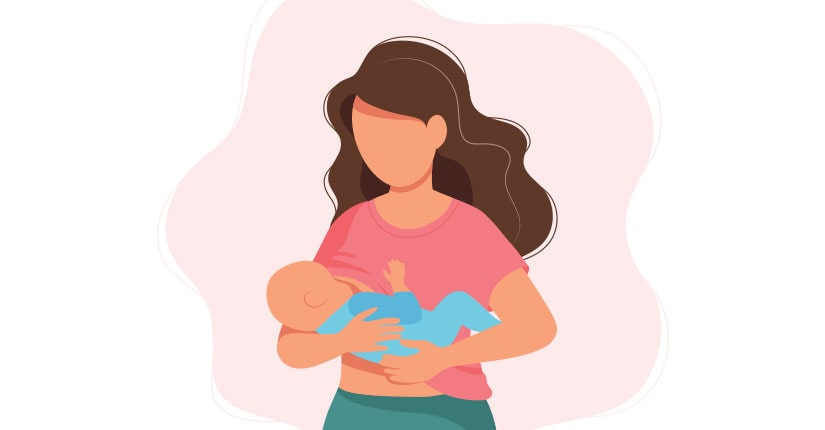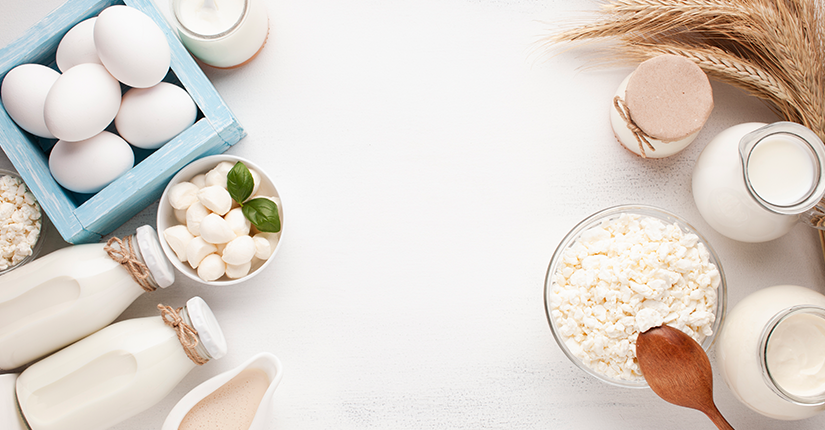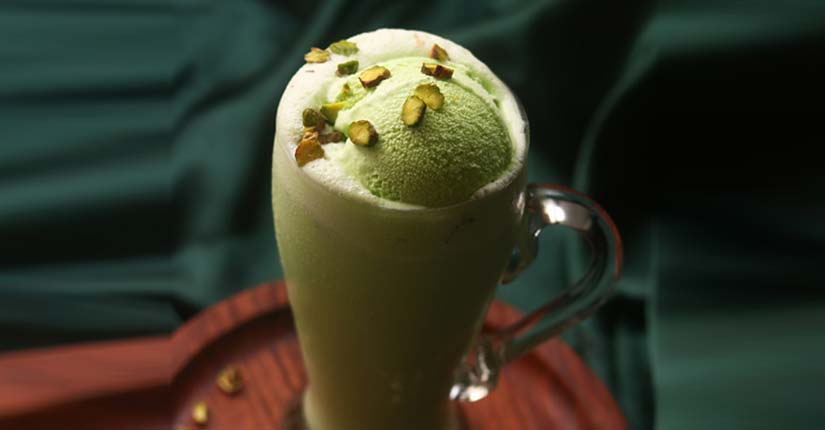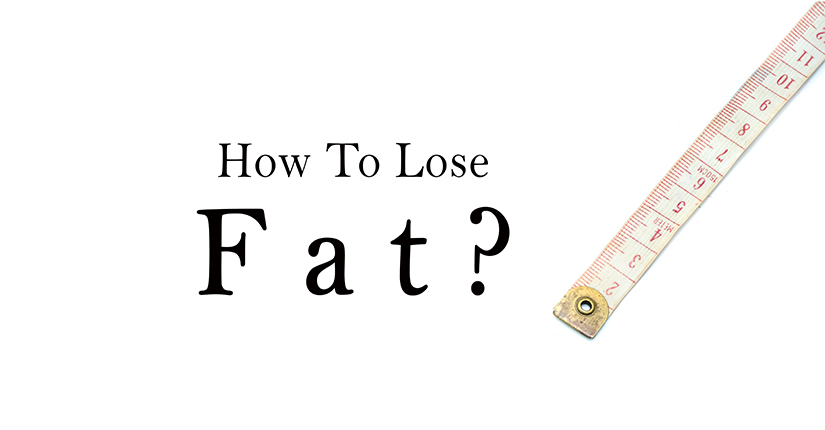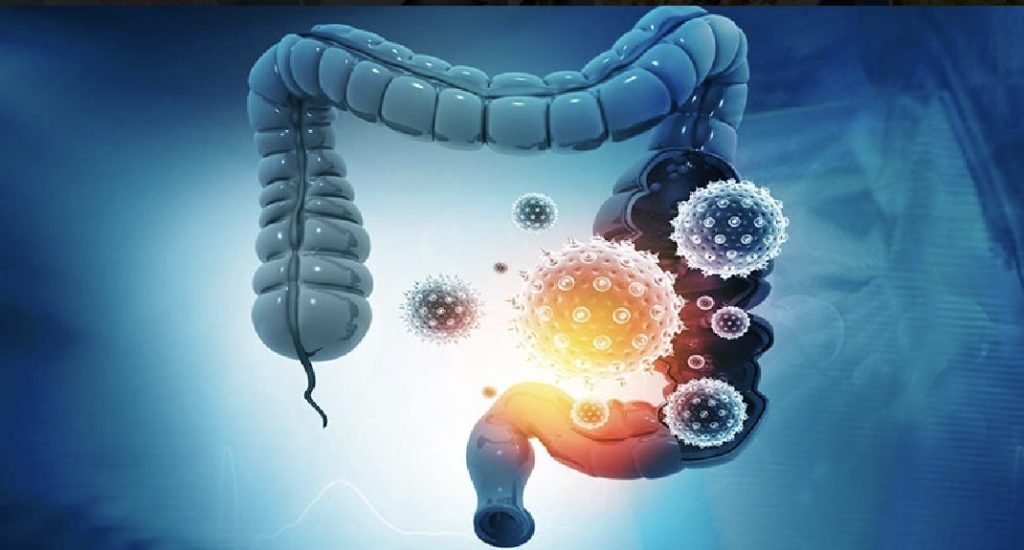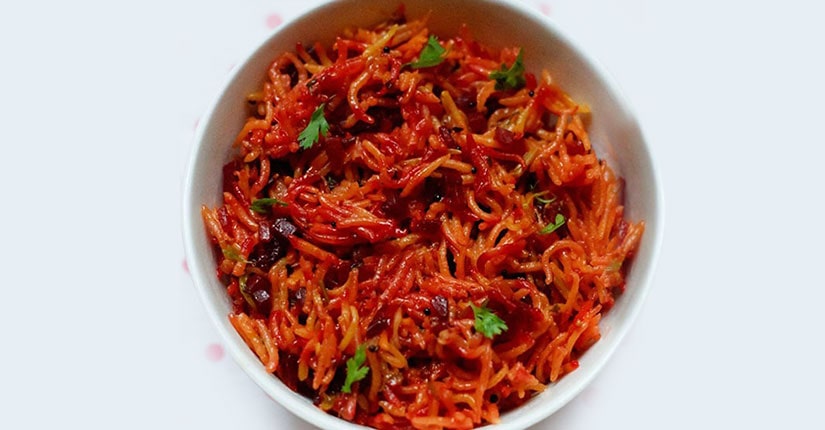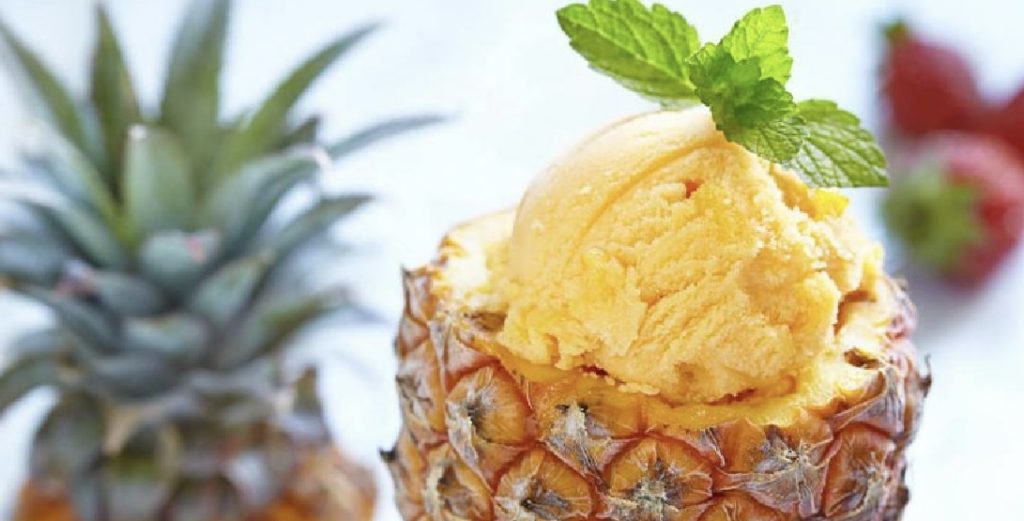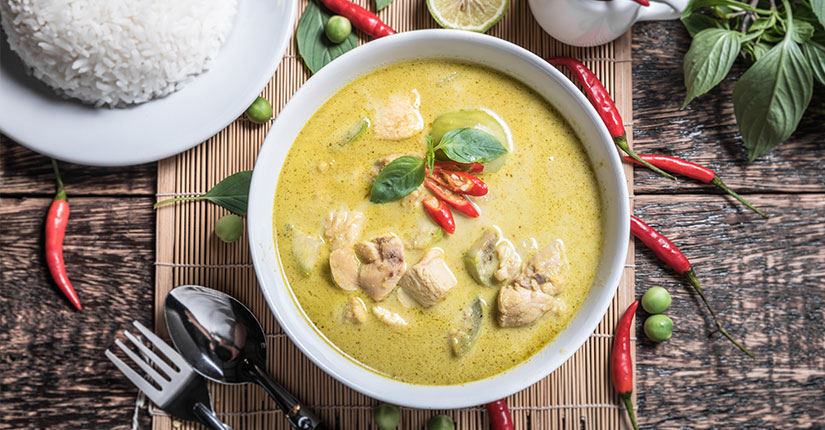Life with Thalassemia – Nutrition & Diet
By Nmami Agarwal 08-May 2021 Reading Time: 4 Mins
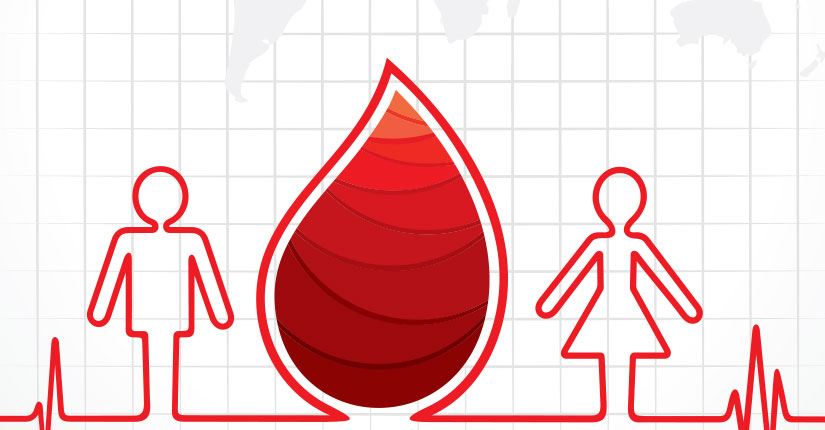
Thalassemia is a genetic disorder which can affect people of all age groups. Individuals suffering from thalassemia are unable to make sufficient haemoglobin. Haemoglobin is an oxygen carrying protein to all parts of the body and is present in red blood cells. Insufficient haemoglobin leads to excessive destruction of red blood cells, which in turn causes anaemia. Anaemia, a medical condition in which the body doesn’t have enough normal, healthy red blood cells.
Thalassemia comes into existence through one of your parents (carrier of the disorder). It is either generated by a deletion of certain key gene fragments or genetic mutation. There are two main forms of thalassemia: Firstly, alpha thalassemia, at least one of the alpha globin genes has a mutation or abnormality. Secondly, beta thalassemia, the beta globin genes are affected.
Nutrition is an important aspect, especially those with thalassemia. A balanced diet consisting of protein, grains, fruits, and vegetables is encouraged and an extra attention to pay of not getting high amounts of iron through their diet
- Non-transfused thalassemia patients are encouraged to a low-iron diet—that is, avoiding excessive consumption of high iron foods like red meat.
- Transfused patients on chelation therapy, a low-iron diet is unnecessary.
Here is a guide of foods to eat and avoid:
Foods to Eat
- Vitamin E rich foods like nuts, cereals and eggs requirement is high in thalassaemia. In order to increase your consumption of Vitamin E, olive oil can also be consumed.
- Foods like rice wheat bran, maize, oats and soy can decrease absorption of iron, but only if they are not consumed along with foods rich in Vitamin C such as orange juice.
- Food rich in calcium like milk, cheese, yogurt and other dairy products can be consumed in plenty by Thalassemia people. They can also decrease absorption of iron in the body.
Food to avoid
- Food such as pork, liver, oysters, beans, beef, peanut butter and tofu from their diet should be avoided by Thalassemia patients. Additionally, one should also avoid consumption of green leafy vegetables, prunes and prune juice, watermelon, spinach, dates, broccoli, raisins and peas.
To note, eating the right foods can surely help since one diet cannot cure thalassemia. It is always advisable to discuss with your doctor for any dietary changes ahead of time.
Over to you:
A healthy lifestyle is important for everyone. Talking about people with thalassemia, it is equally important to know that a healthy lifestyle means “managing the disorder”, as well as making healthy choices.

